PTSD
How to submit an article:
- Registered users can submit any published journal article that has a unique DOI (Digital Object Identifier) name or link to Research Hub.
- For example, you can paste the full DOI link:
https://doi.org/10.1109/5.771073or just the DOI name:10.1109/5.771073into the field above and click submit. - The person who is first to submit a valid article to Research Hub will forever be credited for it, and every article submission earns you +6 Research Points.
Also known as: Post Traumatic Stress Disorder
Published research studies are articles that present the findings of original research that has undergone a peer-review process and has been made publicly available in scholarly journals, books or other media.

Polysaccharides from Polygonatum cyrtonema Hua prevent post-traumatic stress disorder behaviors in mice: Mechanisms from the perspective of synaptic injury, oxidative stress, and neuroinflammation
2024 Jan Journal of Ethnopharmacology Xie P, Chen L, Wang J, Wang X, Yang S, Zhu G
PSP prevents SPS-induced PTSD-like behaviors and synaptic damage by regulating oxidative stress and NLRP3-mediated inflammation through the Nrf2/HO-1 signaling pathway.
Experimental Study Animal Study PTSD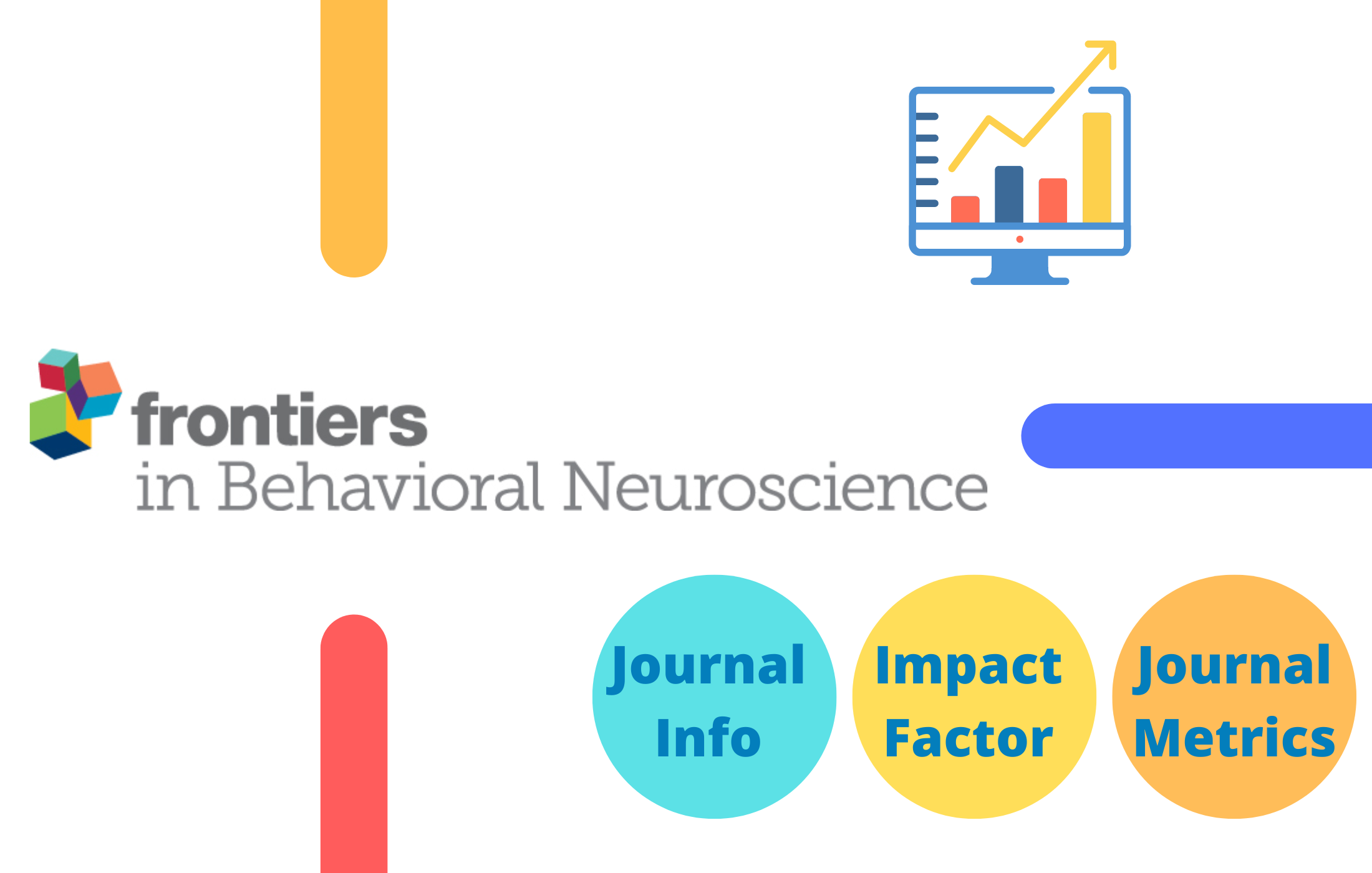
Efficacy and underlying mechanisms of acupuncture therapy for PTSD: evidence from animal and clinical studies
2023 May 02 Frontiers in Behavioral Neuroscience Tang X, Lin S, Fang D, Lin B, Yao L, Wang L, et al.
In conclusion, many studies have confirmed that acupuncture could improve many symptoms in patients with PTSD by meta-analysis. Acupuncture's effect on PTSD may be mediated by the promotion of neuroprotection, neurogenesis, and synaptic plasticity in multiple brain areas, the regulation of stress responses in the neuroendocrine system, and signaling pathway involvement. This finding indicates that acupuncture has promising potential for treating PTSD.
Review Article Acupuncture PTSD
Anshen Dingzhi prescription in the treatment of PTSD in mice: Investigation of the underlying mechanism from the perspective of hippocampal synaptic function
2022 Jul Phytomedicine Yang S, Qu Y, Wang J, Gao F, Ji M, Xie P, et al.
Administration of Anshen Dingzhi prescription (ADP) improved PTSD-like behaviors in mice, potentially mediated through an mTOR-dependent improvement in synaptic function in the hippocampus.
Experimental Study Animal Study PTSD An Shen Ding Zhi decoction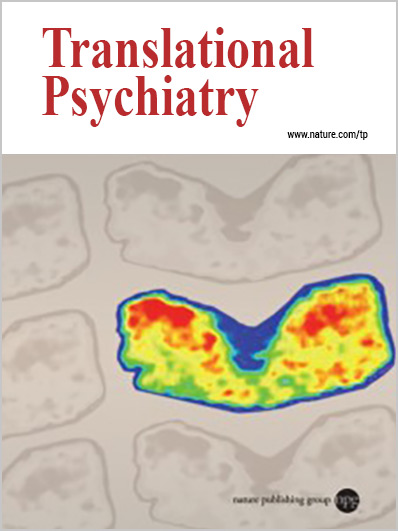
Memory-directed acupuncture as a neuromodulatory treatment for PTSD: Theory, clinical model and case studies
2022 Mar 17 Translational Psychiatry Assouline A, Mendelsohn A, Reshef A
Research shows that acupuncture can have potentially positive effects at three levels: (a) achieving a balance between sympathetic and parasympathetic neural activity; (b) reducing activation in the limbic system, hence inducing a calming effect; (c) reshaping the functional connectivity map within important and relevant cortical regions that encompass the default-mode network.
Acupuncture
Neuroprotective Effect of Acupuncture against Single Prolonged Stress-Induced Memory Impairments and Inflammation in Rat Brain via Modulation of Brain-Derived Neurotrophic Factor Expression
2022 Feb 23 Evidence-Based Complementary and Alternative Medicine Lee B
Our results suggest that acupuncture is a potential treatment for PTSD-induced fear memory and impairments of both cognitive function and spatial memory in an SPS model. They also show that acupuncture inhibits neuroinflammation by reversing changes in the levels of proinflammatory cytokines and by regulating the levels of COX-2 and BDNF in the Hipp.
Animal Study Acupuncture NeuroprotectiveResearch insights are moderated by the Research Hub team and offer an at-a-glance overview of interesting research findings.
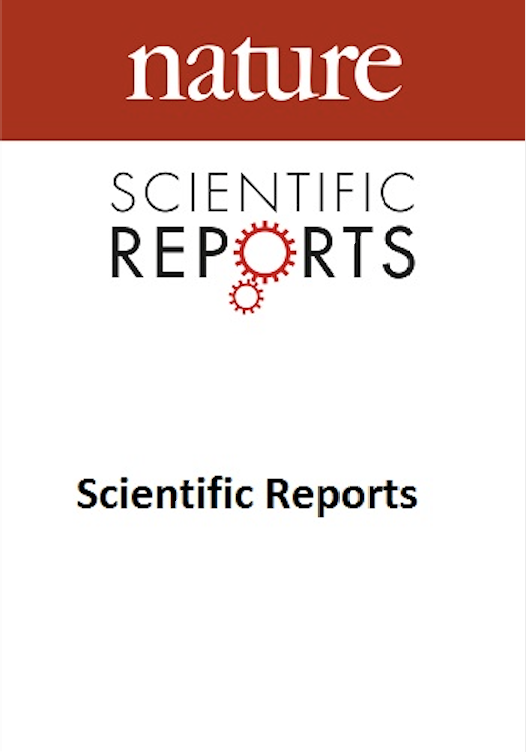
2018 Scientific Reports
Acupuncture can alleviate PTSD-related depression and anxiety by boosting protein synthesis required for synaptic plasticity via the mTOR pathway in the hippocampus.
Animal Study
Acupuncture modulates stress response by the mTOR signaling pathway in a rat post-traumatic stress disorder model
Oh JY, Kim YK, Kim SN, Lee B, Jang JH, Kwon S, et al.

2017 Mindfulness
iRest Yoga Nidra combined with acupuncture significantly improves psychological health in veterans compared to using acupuncture alone.
Clinical Study Mindfulness Yoga Nidra
The Effect of Mindfulness and Acupuncture on Psychological Health in Veterans: an Exploratory Study
Wheeler MS, Glass CR, Arnkoff DB, Sullivan P, Hull A
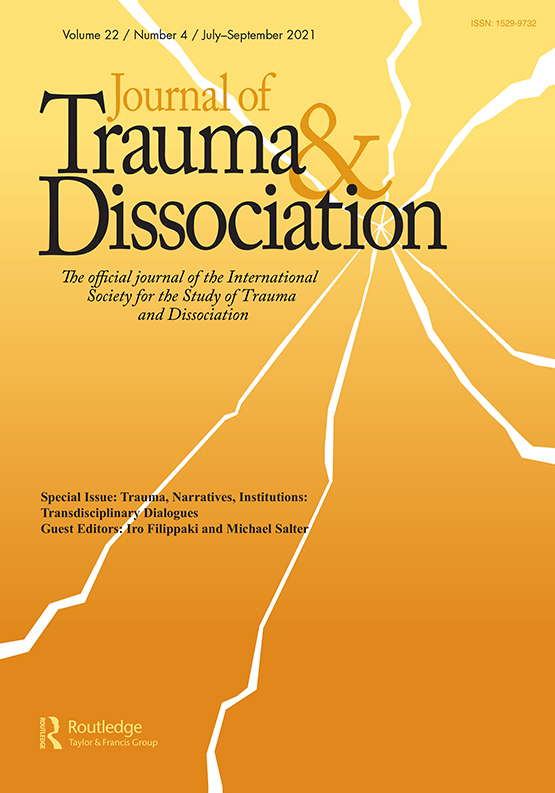
2017 Journal of Trauma & Dissociation
There are potential clinical benefits of acupuncture on PTSD symptoms and functional status immediately post-intervention, as well as PTSD and depressive symptoms in the months following completion of acupuncture treatment.
Systematic Review
Acupuncture for the Treatment of Adults with Posttraumatic Stress Disorder: A Systematic Review and Meta-Analysis
Grant S, Colaiaco B, Motala A, Shanman R, Sorbero M, Hempel S
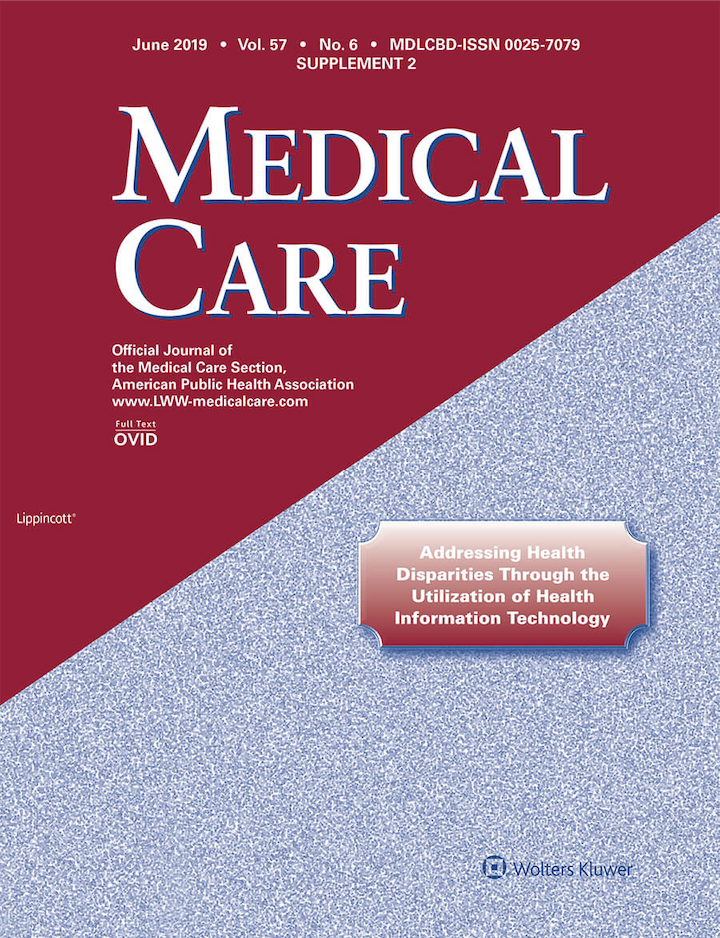
2014 Medical Care
Improvement in post traumatic stress disorder severity was significantly greater among those receiving acupuncture than in those receiving usual PTSD care.
Randomised Controlled Trial
Randomized effectiveness trial of a brief course of acupuncture for posttraumatic stress disorder
Engel CC, Cordova EH, Benedek DM, Liu X, Gore KL, Goertz C, et al.

2013 Evidence-Based Complementary and Alternative Medicine
Evidence of effectiveness of acupuncture for PTSD is encouraging but not cogent. Acupuncture may be a relatively safe alternative for PTSD in contrast to SSRI, if long-term therapy is needed for treatment.
Systematic Review Mental Health
Acupuncture for Posttraumatic Stress Disorder: A Systematic Review of Randomized Controlled Trials and Prospective Clinical Trials
Young-Dae Kim, In Heo, Byung-Cheul Shin, Cindy Crawford, Hyung-Won Kang, Jung-Hwa Lim, et al.
Review Articles
Review articles summarise and critically evaluate the current state of research on a specific topic or field by synthesising multiple primary research studies.

Efficacy and underlying mechanisms of acupuncture therapy for PTSD: evidence from animal and clinical studies
2023 May 02 Frontiers in Behavioral Neuroscience Tang X, Lin S, Fang D, Lin B, Yao L, Wang L, et al.
In conclusion, many studies have confirmed that acupuncture could improve many symptoms in patients with PTSD by meta-analysis. Acupuncture's effect on PTSD may be mediated by the promotion of neuroprotection, neurogenesis, and synaptic plasticity in multiple brain areas, the regulation of stress responses in the neuroendocrine system, and signaling pathway involvement. This finding indicates that acupuncture has promising potential for treating PTSD.
Review Article Acupuncture PTSD
A Review of Trauma Specific Treatments (TSTs) for Post-Traumatic Stress Disorder (PTSD)
2021 Oct 15 Clinical Social Work Journal Lee E, Faber J, Bowles K
The review identified thirty-four empirically supported treatments for PTSD, encompassing conventional therapies such as cognitive behavioral therapy (CBT), eye movement desensitization and reprocessing (EMDR), and dialectical behavioral therapy (DBT), as well as non-conventional approaches like yoga, acupuncture, and music therapy. Each treatment's content, targeted population, type of trauma, outcomes, strengths, and limitations were evaluated to assist clinicians in choosing appropriate interventions.
Review Article PTSD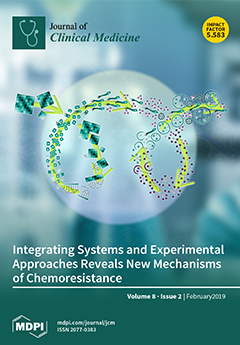
Efficacy and Underlying Mechanism of Acupuncture in the Treatment of Posttraumatic Stress Disorder: A Systematic Review of Animal Studies
2021 Apr 08 Journal of Clinical Medicine Kwon CY, Lee B, Kim SH
In behavioral evaluation, acupuncture, including MA and EA, reduced anxiety and fear responses and weakened fear conditioning, improved sleep architecture, reduced depressive symptoms, and alleviated the disturbance of spatial learning and memory of the PTSD animal models.
Systematic Review PTSD Acupuncture
Effectiveness and safety of ear acupuncture for trauma-related mental disorders after large-scale disasters
2020 Feb Medicine Kwon CY, Lee B, Kim SH
Ear acupuncture improved overall post-traumatic stress disorder (PTSD) related symptoms in patients with PTSD after disasters.
Systematic Review PTSD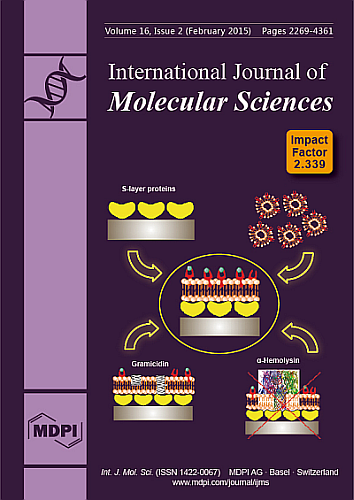
Clinical Therapeutic Strategy and Neuronal Mechanism Underlying Post-Traumatic Stress Disorder (PTSD)
2019 Jul 24 International Journal of Molecular Sciences Yabuki Y, Fukunaga K
Previous studies suggest that ω3 LCPUFA supplements, potentially mediated through fatty acid binding proteins (FABPs), may offer promise as a therapeutic strategy for PTSD symptoms, particularly in addressing impaired fear extinction.
Review Article PTSDClinical Trials
Clinical trials are research studies that involve people and are conducted to evaluate the safety and efficacy of new treatments or interventions, such as drugs, medical devices, or behavioural therapies.
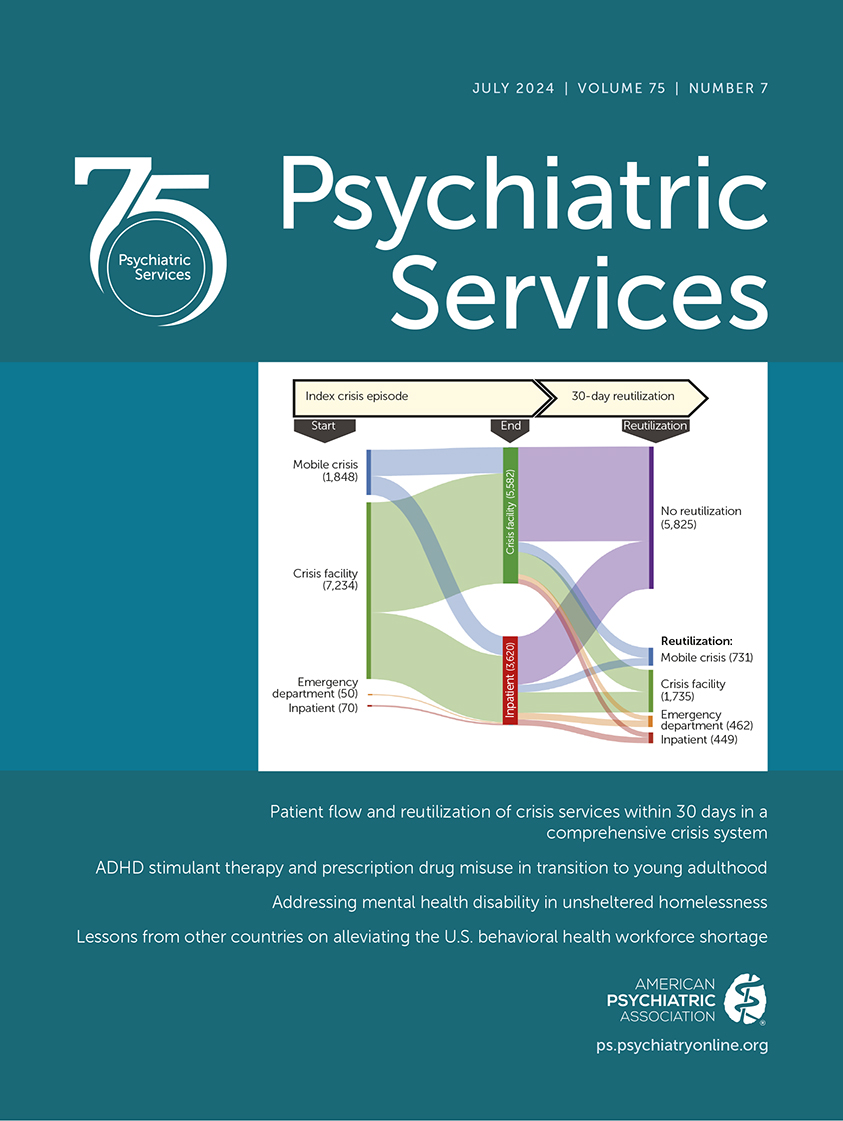
An RCT of Effects of Telephone Care Management on Treatment Adherence and Clinical Outcomes Among Veterans With PTSD
2017 Feb Psychiatric Services Rosen CS, Azevedo KJ, Tiet QQ, Greene CJ, Wood AE, Calhoun P, et al.
Telephone care management (TCM) improved treatment attendance for PTSD patients but did not lead to significant improvements in clinical outcomes such as PTSD symptoms, depression, substance use, and quality of life. The effectiveness of outcomes appears contingent on the quality and type of treatments received by patients.
Randomised Controlled Trial PTSD
Randomized effectiveness trial of a brief course of acupuncture for posttraumatic stress disorder
2014 Dec Medical Care Engel CC, Cordova EH, Benedek DM, Liu X, Gore KL, Goertz C, et al.
Randomised Controlled TrialImprovement in post traumatic stress disorder severity was significantly greater among those receiving acupuncture than in those receiving usual PTSD care.
Study Protocols
Published study protocols are detailed plans that outline the objectives, methodology, statistical analyses, and organisation of a research study that have been made publicly available for others to review and use as a reference.

Acupuncture for combat post-traumatic stress disorder: trial development and methodological approach for a randomized controlled clinical trial
2021 Sep 06 Trials Hollifield M, Hsiao AF, Carrick K, Gory Munoz A, Calloway T, Cocozza K, et al.
The study results will be definitive because both clinical and biological outcomes will be assessed and correlated. Issues such as the number needed for recruitment and improvement, use of sham acupuncture, choice of biological measure, and future research need will be discussed.
Study Protocol
Efficacy and safety of acupuncture in treating post-traumatic stress disorder
2020 Jun 26 Medicine Ding N, Li L, Song K, Huang A, Zhang H
The review holds the purpose of providing extra relevant knowledge regarding the available option and clinical application to clinicians. Meanwhile, the resulting evidence of this review may contribute to essential information that can help health policy makers, practitioners, acupuncturists, and patients.
Study Protocol Acupuncture PTSDPresentation Slides

Animal Study
Acupuncture can alleviate PTSD-related depression and anxiety by boosting protein synthesis required for synaptic plasticity via the mTOR pathway in the hippocampus.
Oh JY, Kim YK, Kim SN, Lee B, Jang JH, Kwon S, Park HJ

Clinical Study
iRest Yoga Nidra combined with acupuncture significantly improves psychological health in veterans compared to using acupuncture alone.
Wheeler MS, Glass CR, Arnkoff DB, Sullivan P, Hull A

Systematic Review
There are potential clinical benefits of acupuncture on PTSD symptoms and functional status immediately post-intervention, as well as PTSD and depressive symptoms in the months following completion of acupuncture treatment.
Grant S, Colaiaco B, Motala A, Shanman R, Sorbero M, Hempel S

Randomised Controlled Trial
Improvement in post traumatic stress disorder severity was significantly greater among those receiving acupuncture than in those receiving usual PTSD care.
Engel CC, Cordova EH, Benedek DM, Liu X, Gore KL, Goertz C, et al.

Systematic Review
Evidence of effectiveness of acupuncture for PTSD is encouraging but not cogent. Acupuncture may be a relatively safe alternative for PTSD in contrast to SSRI, if long-term therapy is needed for treatment.
Young-Dae Kim, In Heo, Byung-Cheul Shin, Cindy Crawford, Hyung-Won Kang, Jung-Hwa Lim,
Executive Summary
Write an executive summary in the form of a blog article on the topic of "Research into Chinese medicine treatment for PTSD" summarising the research below and using language that can be easily understood by patients and avoiding medical jargon using a professional and caring tone of voice.
Write an executive summary in the form of a blog article on the topic of "Researched Chinese medicine treatments for PTSD" summarising the research below in an objective and easy to understand way, and using language that can be easily understood by patients. Group the article into Chinese medicine treatments first, followed by nutrition and other treatments. Avoid using medical jargon and use a professional and caring tone of voice.
Write me a concise but easy to understand executive summary on the topic of "Chinese medicine treatments for PTSD" based on the following research that I will give you. Your summary should be 2 paragraphs long in Australian English spelling and include references to the studies.
A Animal Study published in 2018 in the journal Scientific Reports found that Acupuncture can alleviate PTSD-related depression and anxiety by boosting protein synthesis required for synaptic plasticity via the mTOR pathway in the hippocampus. The researchers conducted their study by observing a PTSD rat model that had been induced with a single prolonged stress (SPS). They administered acupuncture at HT8, a known acupuncture point, and gathered data on the ensuing behavioral changes using the forced swimming, elevated plus maze, and open field tests. They compared these results with those achieved using fluoxetine, a common antidepressant drug. They aimed to probe the underlying mechanisms by which acupuncture might work by studying its effect on protein translation in the mTOR signaling pathway and its subsequent enhancement of the activation of synaptic proteins such as PSD95, Syn1, and GluR1 in the hippocampus. The effects of acupuncture at HT8 point resulted in a significant alleviation in both depression and anxiety-like behaviors that had earlier been induced by SPS in the rat test subjects. This alleviation of symptoms was disrupted by the administration of rapamycin. These results are comparable to those brought about by the use of fluoxetine. The results further show that acupuncture aids in regulating protein translation in the mTOR signaling pathway, boosting the activation of synaptic proteins like PSD95, Syn1, and GluR1 in the hippocampus.
A Clinical Study published in 2017 in the journal Mindfulness found that iRest Yoga Nidra combined with acupuncture significantly improves psychological health in veterans compared to using acupuncture alone. The study employed iRest Yoga Nidra, a mindfulness approach that promotes relaxation and focused attention, along with acupuncture. Initially developed for military use, iRest was combined with acupuncture in this exploratory study to determine its effectiveness. Specifically, this was tested on veterans with a view to improving their psychological health. Throughout the study, the participants were exposed to principles such as non-judgment and observation of opposing feelings and emotions, along with the inclusion of these principles into their everyday life. The analysis of results showed that the combined therapy using iRest and acupuncture had a marked effect on psychological health. There were significant improvements in areas such as depression, psychological symptom severity, depression or tension as a result of pain, and the emotional interference with activities of daily life. Conversely, the group that had only undergone acupuncture treatment showed no significant benefits in these areas. Also significant was that the comfort shown by the treatment group was a moderate to high degree in contrast to the low comfort experienced by the group receiving only acupuncture. The overall treatment condition demonstrated considerable changes, with veterans reporting substantive decreases in the levels of mild, moderate, and severe depression. Additionally, it was indicated that the benefits of the combined treatment did not differ across factors such as age, gender, or race.
A Systematic Review published in 2017 in the journal Journal of Trauma & Dissociation found that There are potential clinical benefits of acupuncture on PTSD symptoms and functional status immediately post-intervention, as well as PTSD and depressive symptoms in the months following completion of acupuncture treatment. Overall, the results of this systematic review warrant caution in promoting acupuncture as an evidence-based treatment for adult patients with PTSD despite identified positive treatment effects. We have limited confidence in estimates indicating that needle acupuncture reduces PTSD and depressive symptoms at follow-up compared to passive controls, TAU, and active interventions, and we have very limited confidence in the estimates for PTSD symptoms at post-intervention and functional status. Moreover, no significant differences were observed between acupuncture and comparators for other outcomes, including no evidence for post-intervention or longer term improves on important psychological outcomes such as anxiety symptoms and sleep quality. Evidence from RCTs does suggest that acupuncture is relatively safe. Larger trials that minimize participant attrition would improve the quality of and confidence in effect estimates.
A Randomised Controlled Trial published in 2014 in the journal Medical Care found that Improvement in post traumatic stress disorder severity was significantly greater among those receiving acupuncture than in those receiving usual PTSD care. Mean improvement in PTSD severity was significantly greater among those receiving acupuncture than in those receiving usual PTSD care (PCLΔ=19.8±13.3 vs. 9.7±12.9, P<0.001; CAPSΔ=35.0±20.26 vs. 10.9±20.8, P<0.0001). Acupuncture was also associated with significantly greater improvements in depression, pain, and physical and mental health functioning. Pre-post effect-sizes for these outcomes were large and robust. Acupuncture was effective for reducing PTSD symptoms. Limitations included small sample size and inability to parse specific treatment mechanisms. Larger multisite trials with longer follow-up, comparisons to standard PTSD treatments, and assessments of treatment acceptability are needed. Acupuncture is a novel therapeutic option that may help to improve population reach of PTSD treatment.
A Systematic Review published in 2013 in the journal Evidence-Based Complementary and Alternative Medicine found that Evidence of effectiveness of acupuncture for PTSD is encouraging but not cogent. Acupuncture may be a relatively safe alternative for PTSD in contrast to SSRI, if long-term therapy is needed for treatment. This is the first systematic review and meta-analysis of prospective clinical trials on the effectiveness of acupuncture for treatment of PTSD. Only 4 RCTs and 2 UCTs met the inclusion criteria for this review. Our main finding of this review is that acupuncture is effective for PTSD based on one high-quality RCT and a meta-analysis. Acupuncture has positive effects in PTSD patients, although the evidence is still lacking as to its true efficacy for this condition.
Moderation Tools
Topic
Sign In
Users not signed in are limited to viewing the 5 most recent items of content.